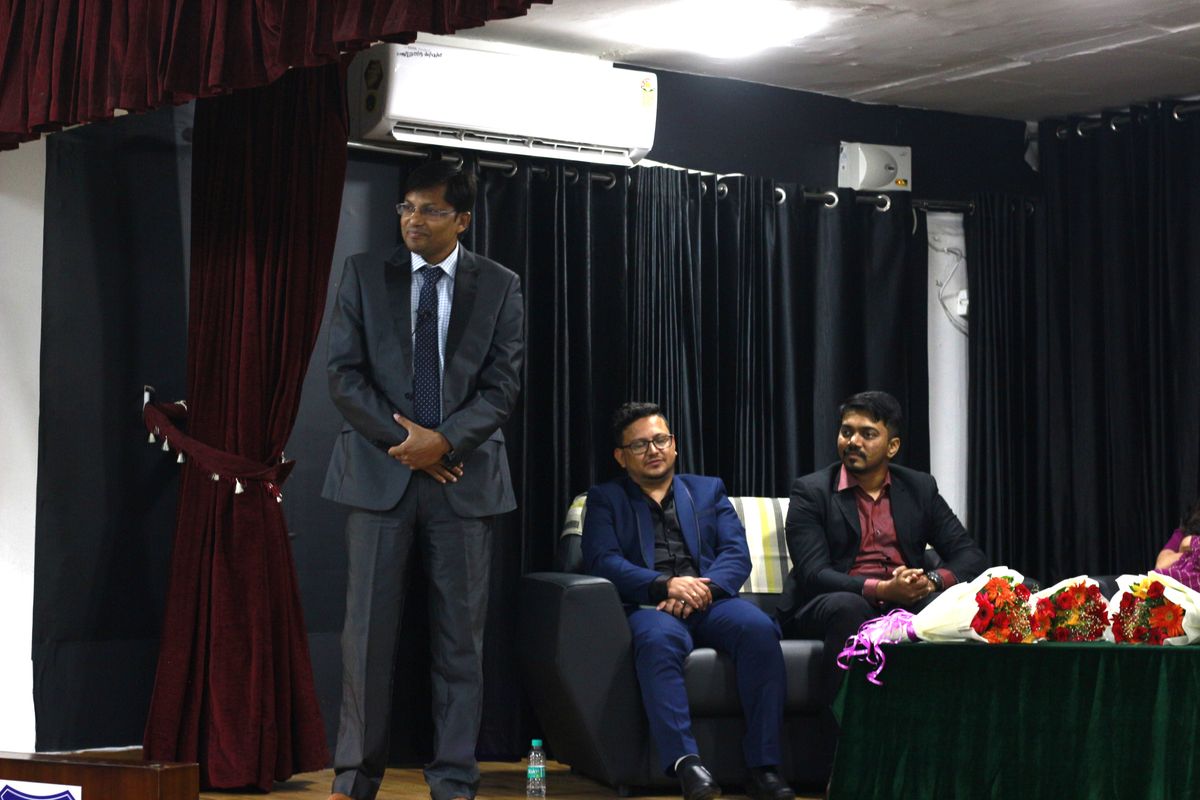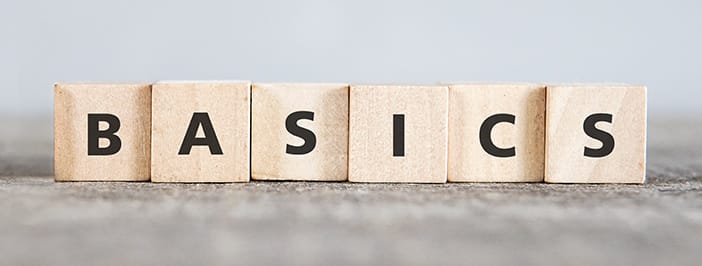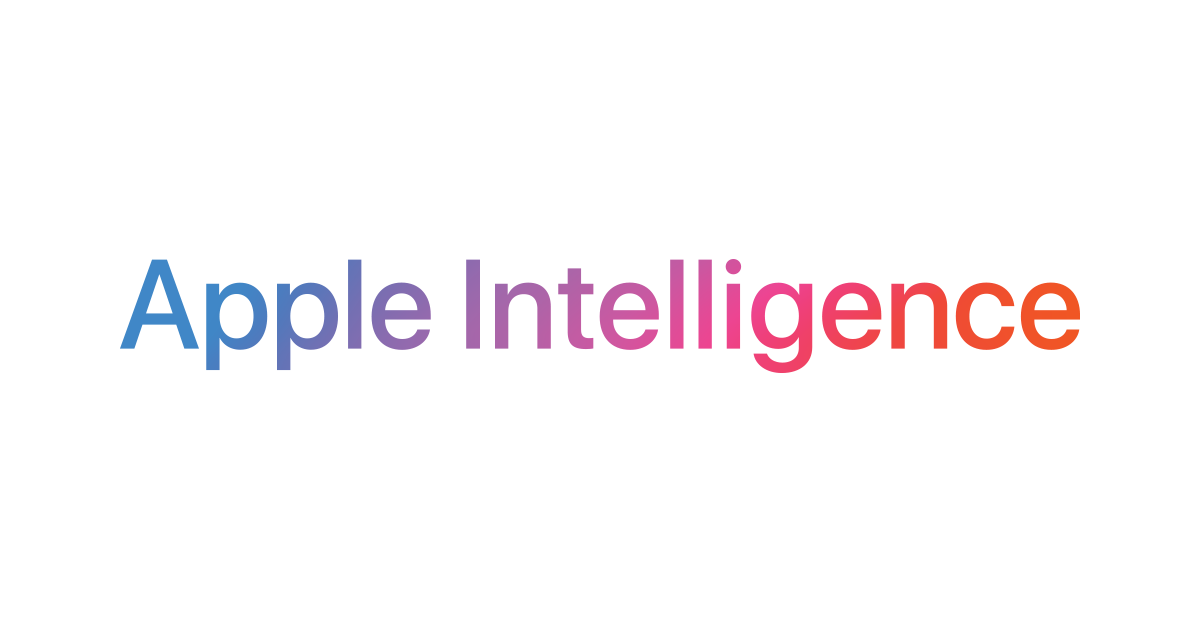The question of integrity

A few days ago Infoedge founder Sanjeev Bikhchandani posted something interesting on his twitter handle . He shared an anecdote about a convocation speech at IIM A given by Dr. Verghese Kurien, the then Chairman at NDDB. The speech was far from the usual sugar-coated advice, filled instead with harsh realities meant to provoke thought. Dr. Verghese Kurien was downright rude. He (Kurien) was condescending, sarcastic, caustic, and even insulting. He then went on to call IIM A “the Indian Institute of Management for Shampoo Salesmen”. Sanjeev, later in the tweet, states that their “ears were burning” by the end of the speech and that was what it took for some of them to “do something different.” In fact, he said “the class of 1989 has produced the most number of entrepreneurs in the history of IIM A.”
You can find that speech here.
Just a few days back, we had Mr. Sandeep Gupta, Executive Director, JP Morgan, for the inauguration of our ninth MBA batch. His address was certainly more traditional—encouraging, humorous, and filled with wisdom. But then, his wise words I am sure will be forgotten in the days to come when we get busy with our ‘business as usual’. In my view, the best part of the session was actually the Q&A. A student (I don’t remember who) asked a question (I don’t know the exact words he said) - but the answer to the question from Mr. Gupta- I will never forget - Integrity. In Mr. Gupta’s view (and also the director, Dr. Agnihotri’s view), integrity is doing the right thing when no one is watching. I’m sure you all recount their anecdote of stopping at the red light in the middle of the night. Yes. That’s probably a good thing to do. But then, I don’t agree that the act of stopping at the red light even when no one is watching is a sign of integrity in itself. Let me explain my stance here.
If there are red lights in the dead of night when no traffic exists, it signifies system inefficiency. Red lights serve their purpose in regulating traffic, but during quiet hours, a flashing red light might be more efficient and safe, allowing drivers to proceed if the intersection is clear. Adherence to an inefficient system is not integrity; it's mere compliance. Now, I would very much love it if our students can go out there and make inefficient systems more efficient. I would love it if they speak truth to power and put in the hard work and grit to make the much needed difference.
This leaves me with the difficult task of defining integrity. In my world view, integrity is the willingness to embrace discomfort or inconvenience, even when an easier alternative is available. Let me explain this with an example. Let’s say there is one particular student in a group who does not contribute as much as the others towards an upcoming graded group assignment. What exactly would they tell the professor when he or she questions about how the work was divided? It would be easy for everyone to claim that the work was divided equally. Sure, this avoids conflict in the short run. But then, that’s choosing the convenience of avoiding the problem over a potentially uncomfortable situation. If the students decide to honestly share the truth with the professor in order to ensure a fair assessment - that’s integrity.
Let me give you one more example. Let’s say a student scores one mark below the cut off for a higher grade. Would the student accept the lower grade and work harder next time? Or would the student go to the professor and try to nudge them to give him or her grace marks to get a higher letter grade? Which act do you think showcases integrity? This is why I think defining integrity as the willingness to face discomfort or inconvenience, even when there's an easier way around something is better.
The culture around us significantly influences our ability to exhibit integrity. In a setting where integrity is upheld by all, it is easier to maintain, whereas, in an environment devoid of it, upholding integrity becomes a challenge.
To illustrate, consider one of us going to an Ivy League college for a student exchange programme. Would we ask a Nobel laureate faculty member for an extra mark to cross an arbitrary grade cutoff? Would they receive credit for a group of peers for a project without contributing? These questions should inform us of the essence of integrity.
The answers, while disturbing and discomforting, show us the mirror and allow us to ponder over important questions in life. I want to close with my favorite poem from all time - ‘If’ by Rudyard Kipling.
Please have a read.
“If you can keep your head when all about you
Are losing theirs and blaming it on you,
If you can trust yourself when all men doubt you,
But make allowance for their doubting too;
If you can wait and not be tired by waiting,
Or being lied about, don’t deal in lies,
Or being hated, don’t give way to hating,
And yet don’t look too good, nor talk too wise:
If you can dream—and not make dreams your master;
If you can think—and not make thoughts your aim;
If you can meet with Triumph and Disaster
And treat those two impostors just the same;
If you can bear to hear the truth you’ve spoken
Twisted by knaves to make a trap for fools,
Or watch the things you gave your life to, broken,
And stoop and build ’em up with worn-out tools:
If you can make one heap of all your winnings
And risk it on one turn of pitch-and-toss,
And lose, and start again at your beginnings
And never breathe a word about your loss;
If you can force your heart and nerve and sinew
To serve your turn long after they are gone,
And so hold on when there is nothing in you
Except the Will which says to them: ‘Hold on!’
If you can talk with crowds and keep your virtue,
Or walk with Kings—nor lose the common touch,
If neither foes nor loving friends can hurt you,
If all men count with you, but none too much;
If you can fill the unforgiving minute
With sixty seconds’ worth of distance run,
Yours is the Earth and everything that’s in it,
And—which is more—you’ll be a Man, my son!”
Have a great day ahead!



